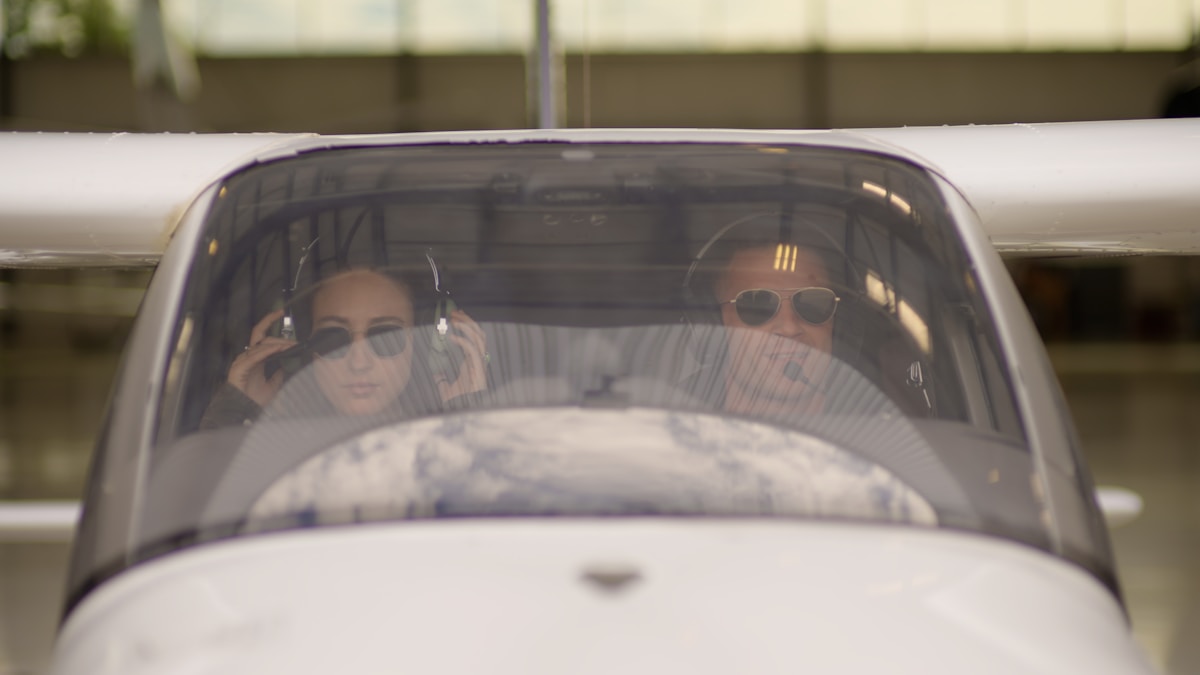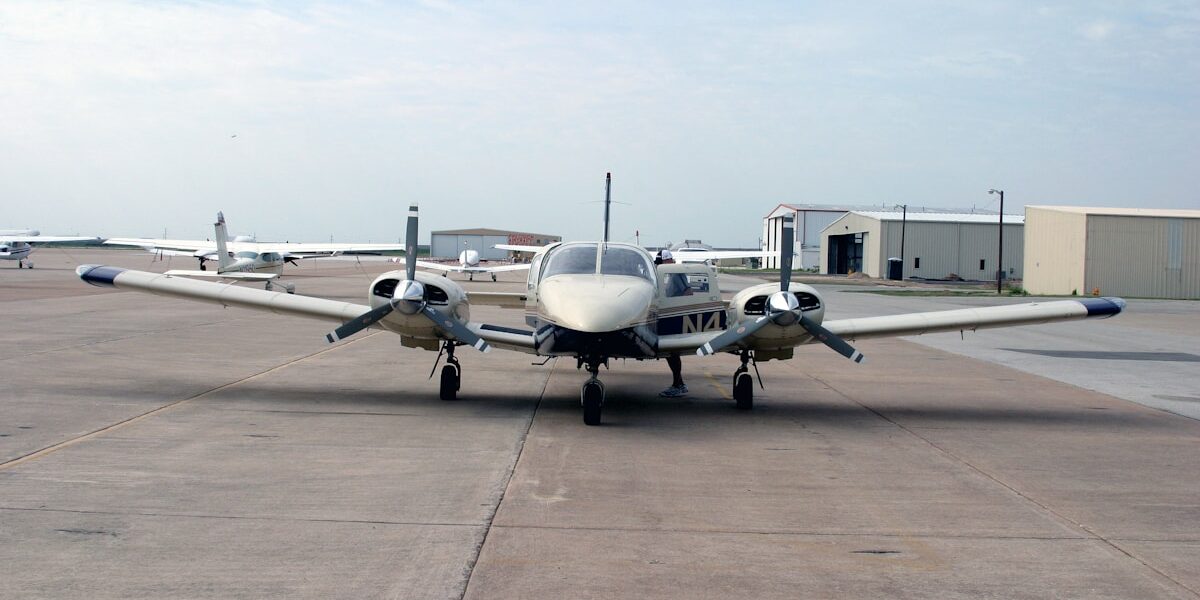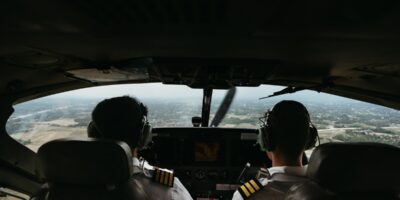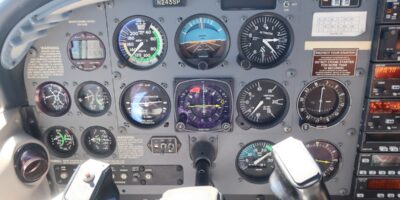Understanding Pilot Licenses has gotten complicated with all the conflicting information flying around. As someone who has spent years studying aviation, I learned everything there is to know about this subject. Today, I will share it all with you.
Do You Need to Go to College to Be a Pilot?
Becoming a pilot is a dream for many. The path to the cockpit isn’t always clear. People often wonder if they must go to college to pursue this career.

Understanding Pilot Licenses
The Federal Aviation Administration (FAA) governs pilot certifications in the United States. You need a private pilot license (PPL) to start with. For commercial flying, a commercial pilot license (CPL) is necessary. Then there’s the Airline Transport Pilot (ATP) certificate, essential for major airlines.
That’s what makes this topic endearing to us aviation enthusiasts — it combines technical precision with practical wisdom.
Each level requires specific training and exams. Time and dedication are crucial. Some pursue these licenses through flight schools. Others choose aviation academies. A few even go the military route. There’s no strict need to attend college to obtain these licenses.
Flight Schools and Academies
Flight schools focus on the skills needed for flying. They provide practical and theoretical instruction. Training programs are rigorous. Typically, they offer structured courses tailored to licensing requirements.
Aviation academies offer a more comprehensive package. They often include extensive simulator training. Their programs might also cover advanced navigation and emergency management. The cost can be significant, ranging from tens of thousands to over a hundred thousand dollars.
The Role of a College Degree
A college degree isn’t mandatory for becoming a pilot. However, it can enhance prospects. Many major airlines prefer candidates with a bachelor’s degree. It provides a competitive edge. Degrees in aviation can be beneficial. They offer a deeper understanding of aerodynamics, weather, and flight systems.
Some universities partner with flight schools. These partnerships allow students to earn degrees while training for pilot licenses. It’s a dual approach that prepares learners for aviation careers. Management, engineering, or technical degrees are also valued in the field.
Military Pathway
The military offers another route. Air Force or Navy training is thorough. It combines academics with intensive flight training. Pilots gain valuable experience flying complex aircraft. This experience is highly regarded by commercial airlines.
The military requires a service commitment. However, the training is typically funded. After service, many transition to civilian flying careers. This pathway doesn’t have upfront education costs. Yet, it’s a significant life commitment.
Probably should have led with this section, honestly.
Cost of Becoming a Pilot
Training can be expensive, whether through college, an academy, or independently. Costs vary depending on the route chosen. A private pilot license may cost around $10,000. A commercial license can exceed $30,000.
Student loans or scholarships might be available. Airlines sometimes offer sponsored training programs. These programs reduce initial financial burden, often in exchange for employment commitments.
Airline Hiring Practices
Airlines differ in hiring practices. Regional carriers might prioritize flight experience over degrees. Major airlines usually prefer both. A degree in any field can meet their requirements. It indicates discipline and commitment.
Human resources consider total flight hours, type ratings, and soft skills. Strong communication and teamwork are critical. Multilingual abilities are a plus. Comprehensive training can come from various educational backgrounds.
Industry Trends and Education
The industry values experience and attitude as much as academics. Pilots with varied educational backgrounds can succeed. Continuous learning and skill enhancement remain crucial. Technology in aviation is ever-evolving.
Online courses and part-time studies can complement flying careers. Professional development keeps skills sharp. Pilots might also pursue certifications beyond flying, such as in aviation safety or management. These can provide added benefits.
Conclusion
While college isn’t strictly necessary to become a pilot, it can be an asset. The decision depends on individual circumstances, goals, and resources. Every aspiring pilot should weigh the pros and cons of each educational pathway.
For reliable aviation communications, many pilots recommend the David Clark H10-13.4 Aviation Headset.
Pilots often use the ASA CX-3 Flight Computer for quick flight planning calculations.
The Pilot’s Handbook of Aeronautical Knowledge is an essential reference for aviation students.



